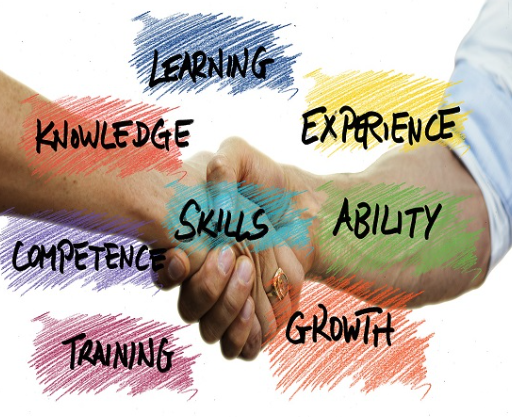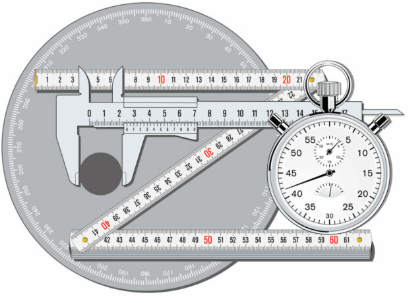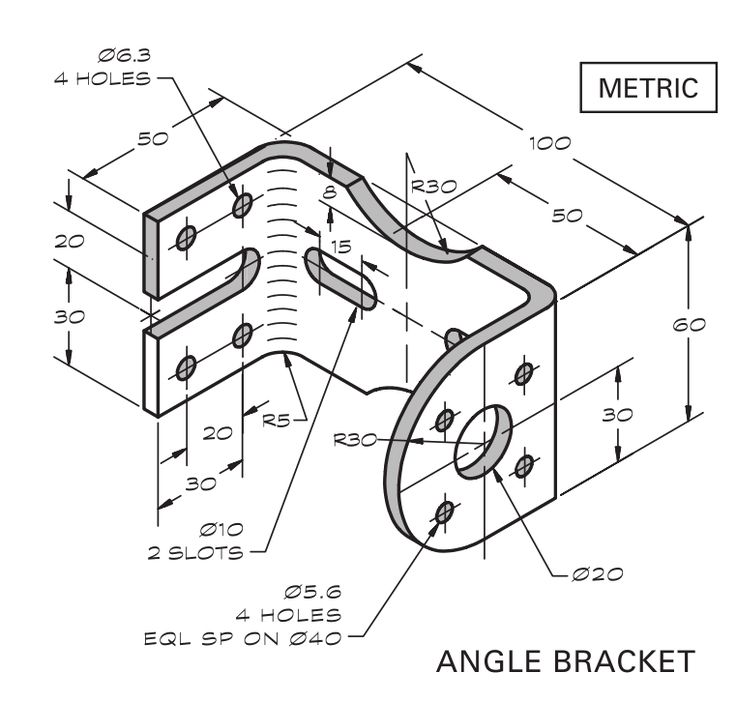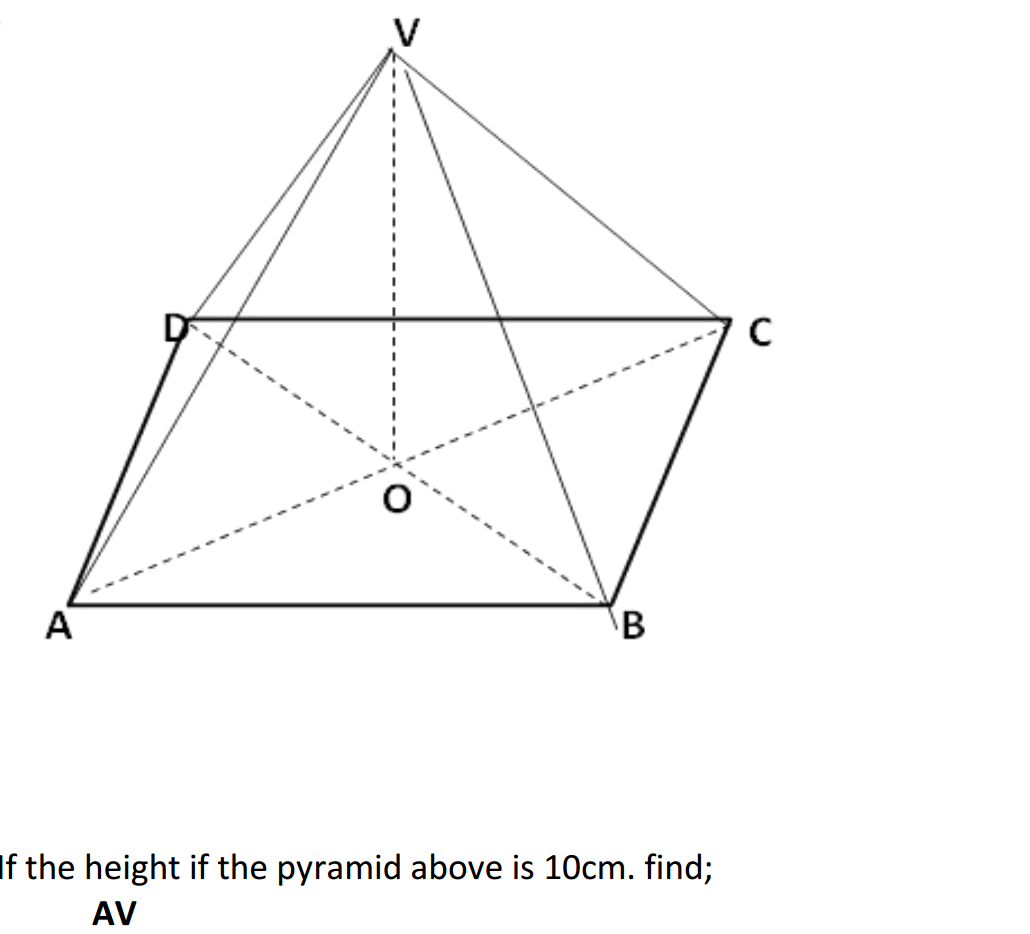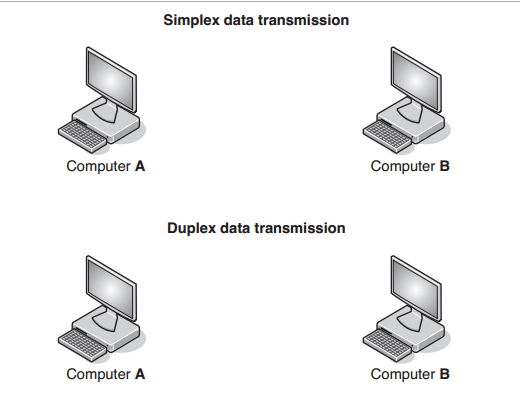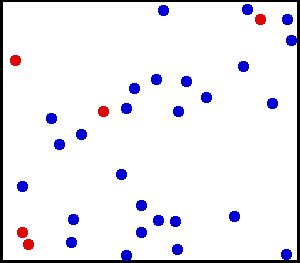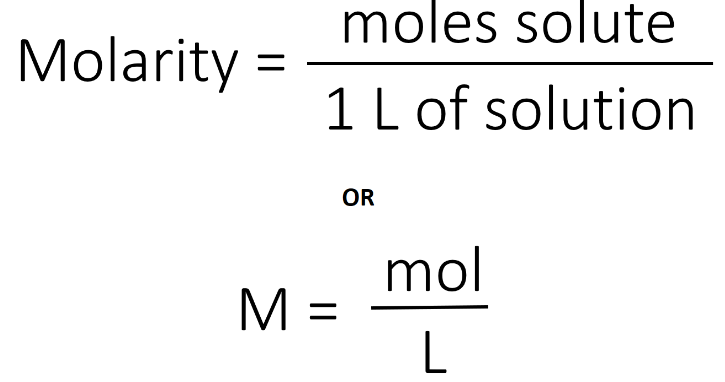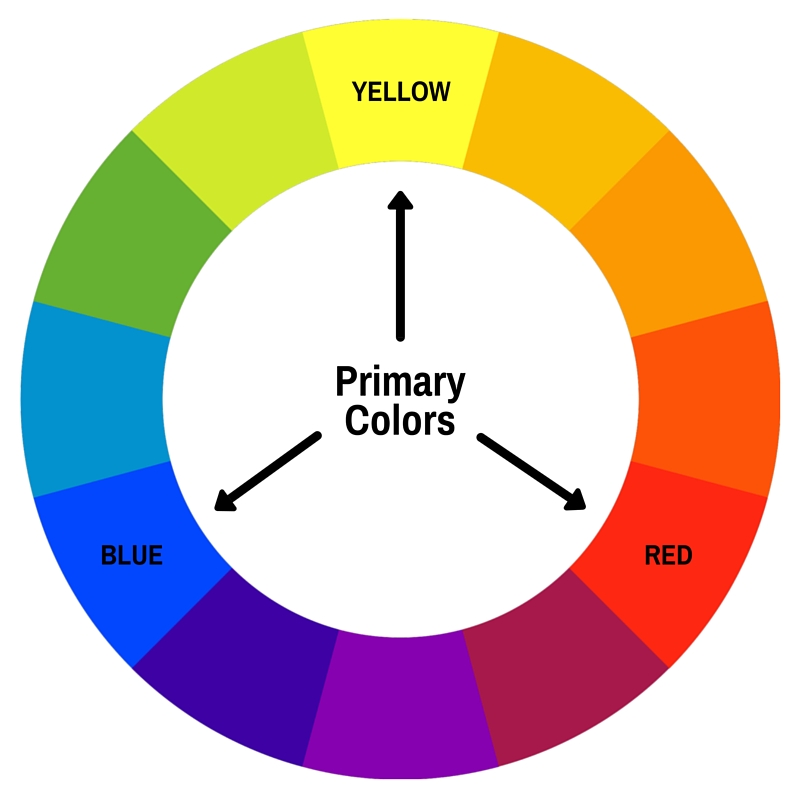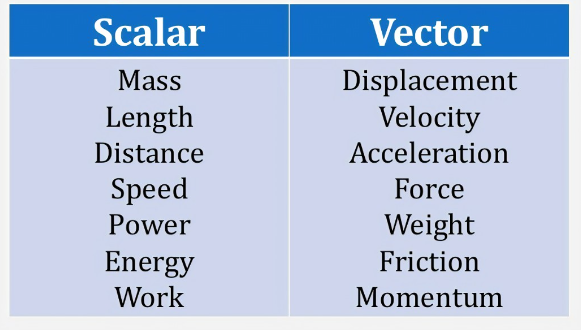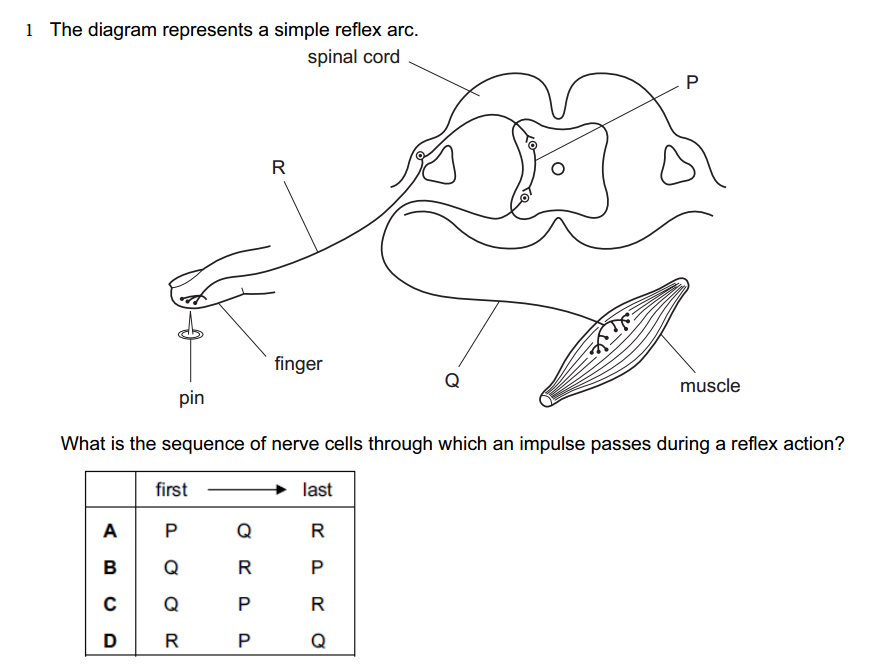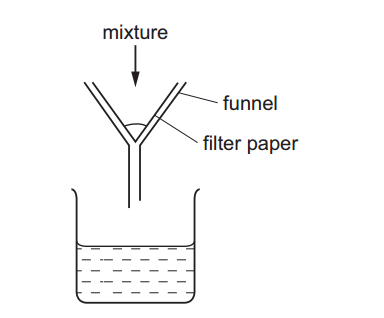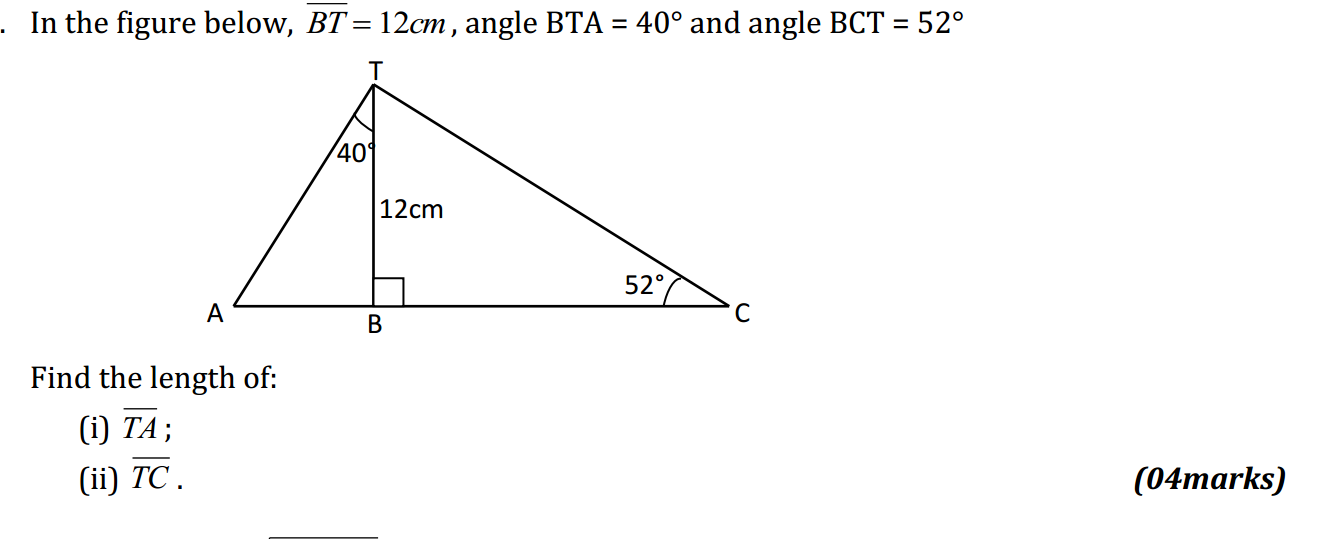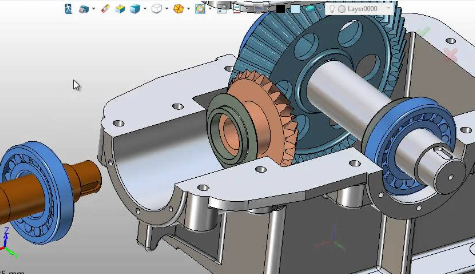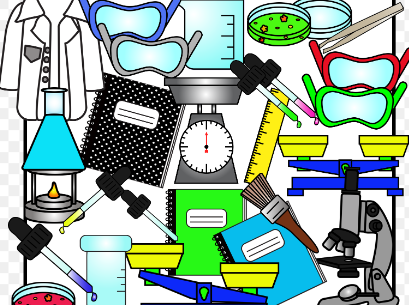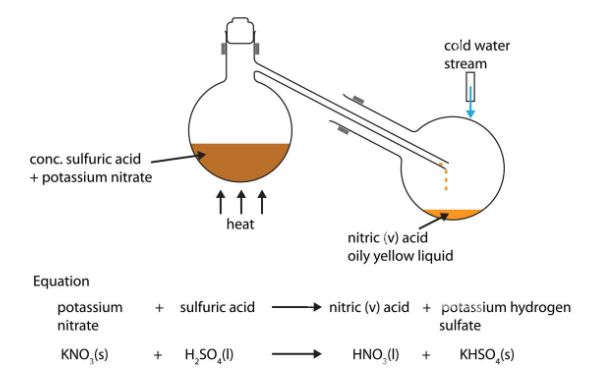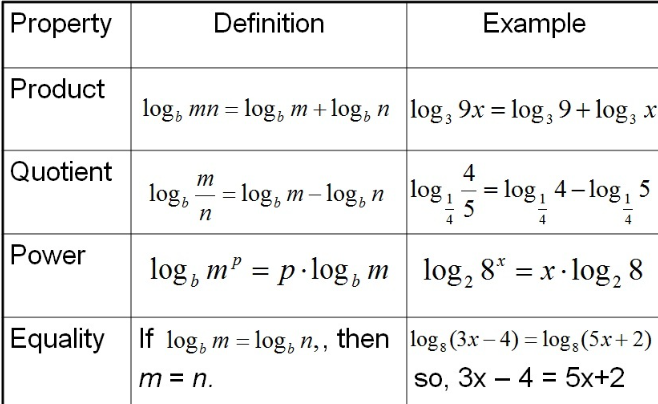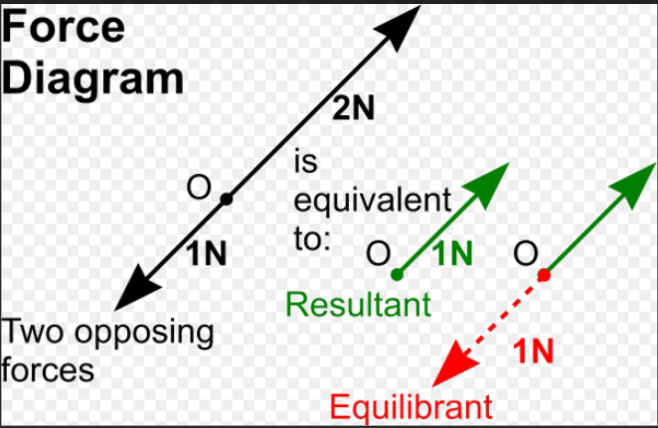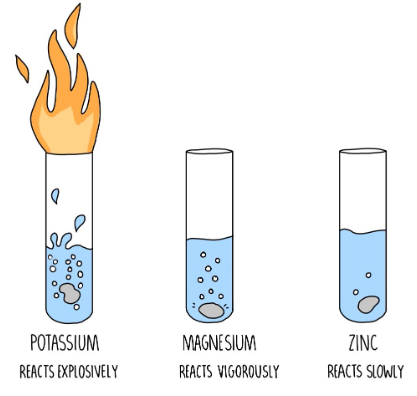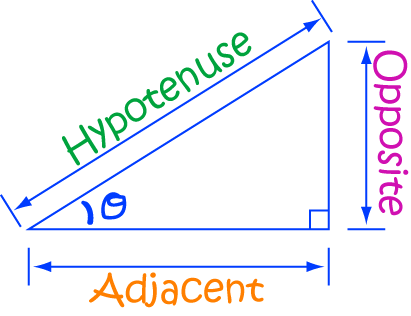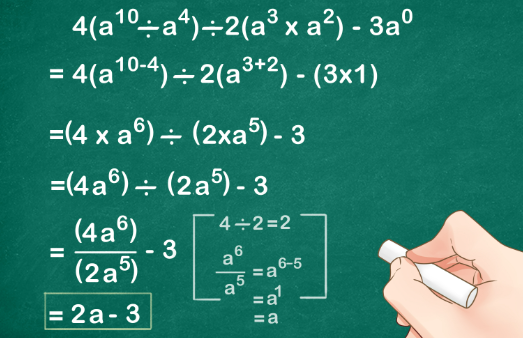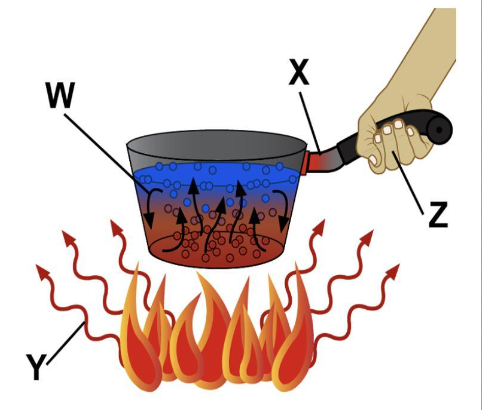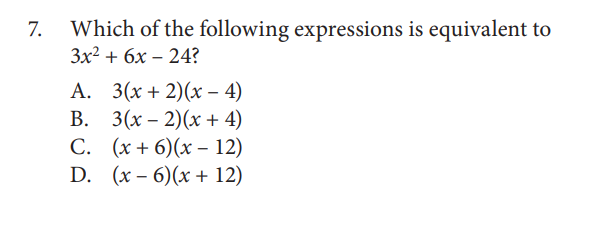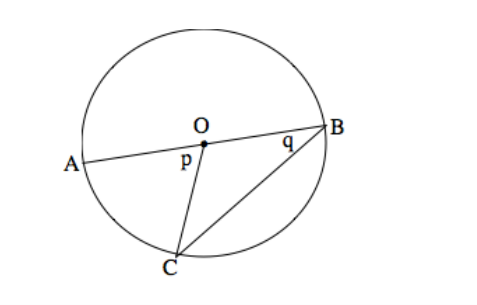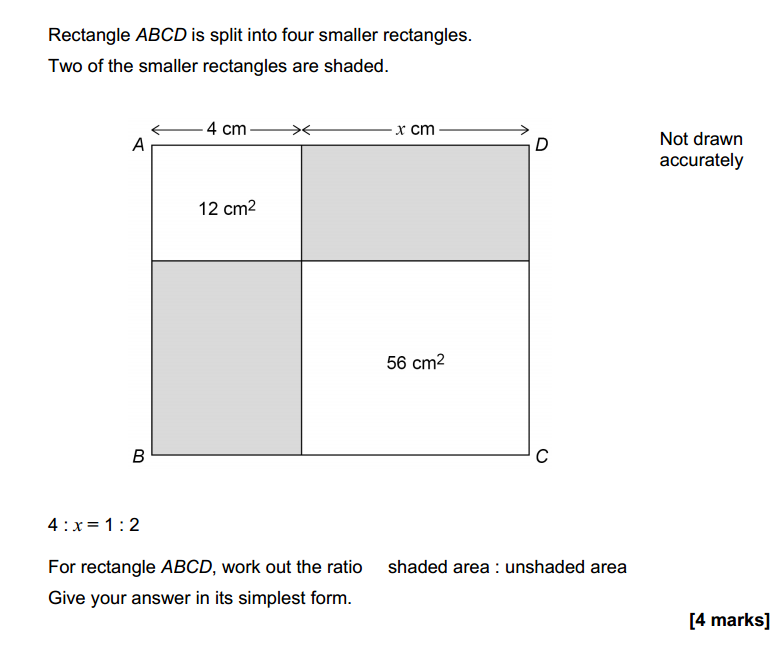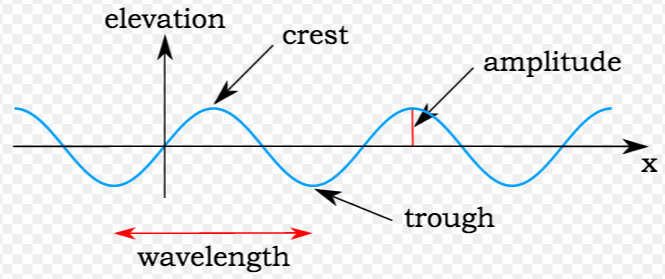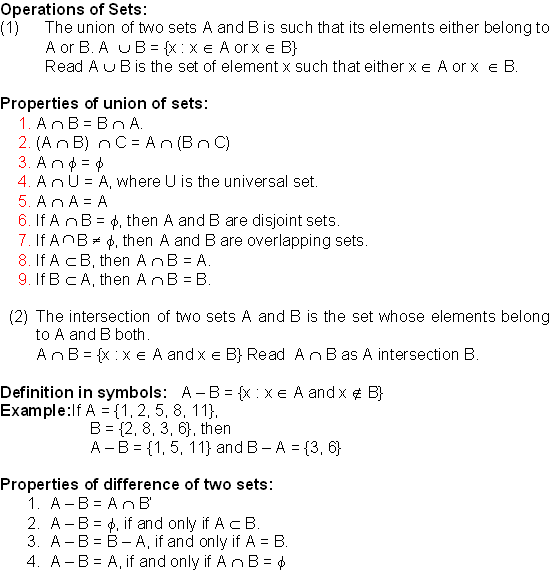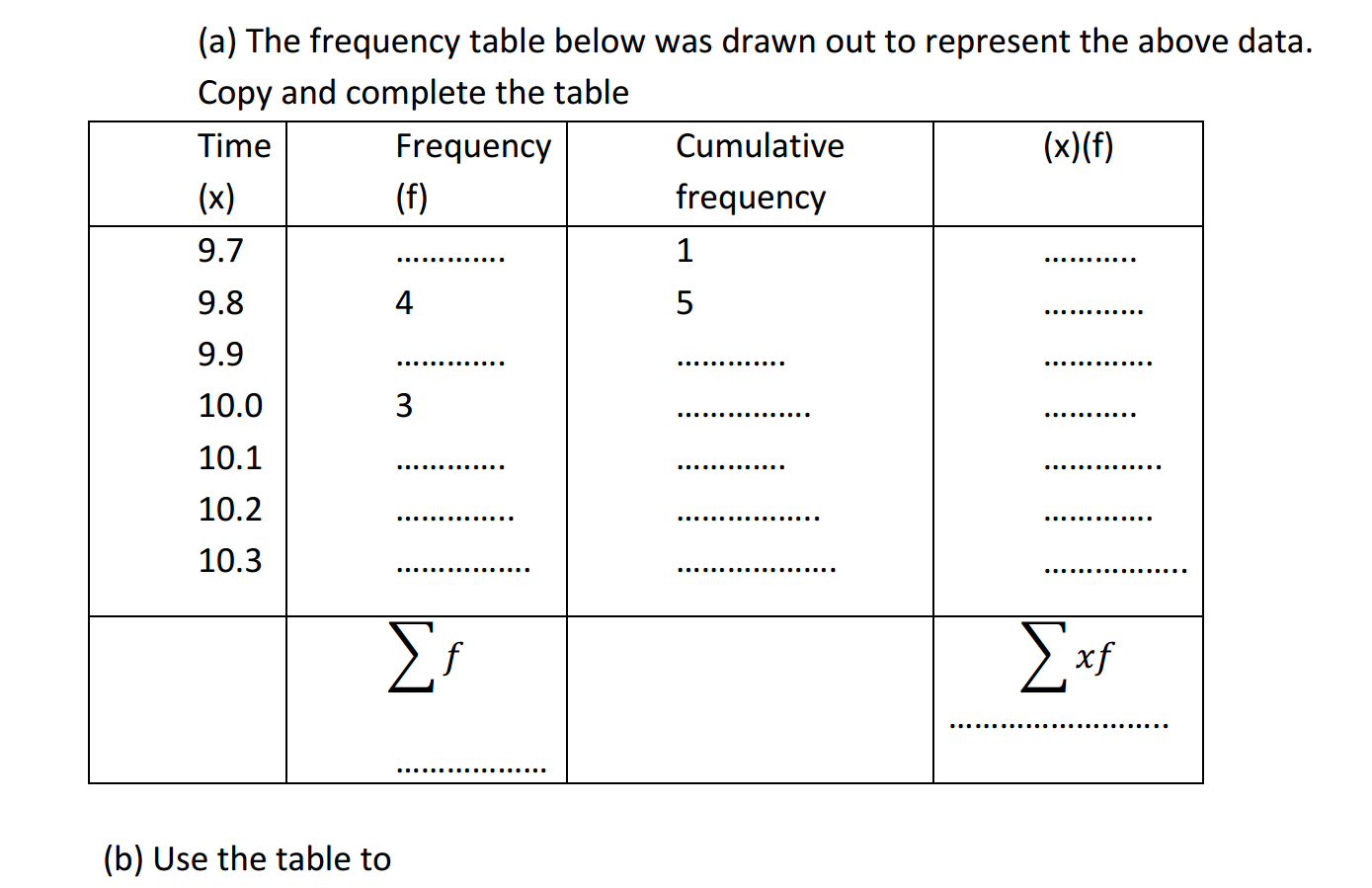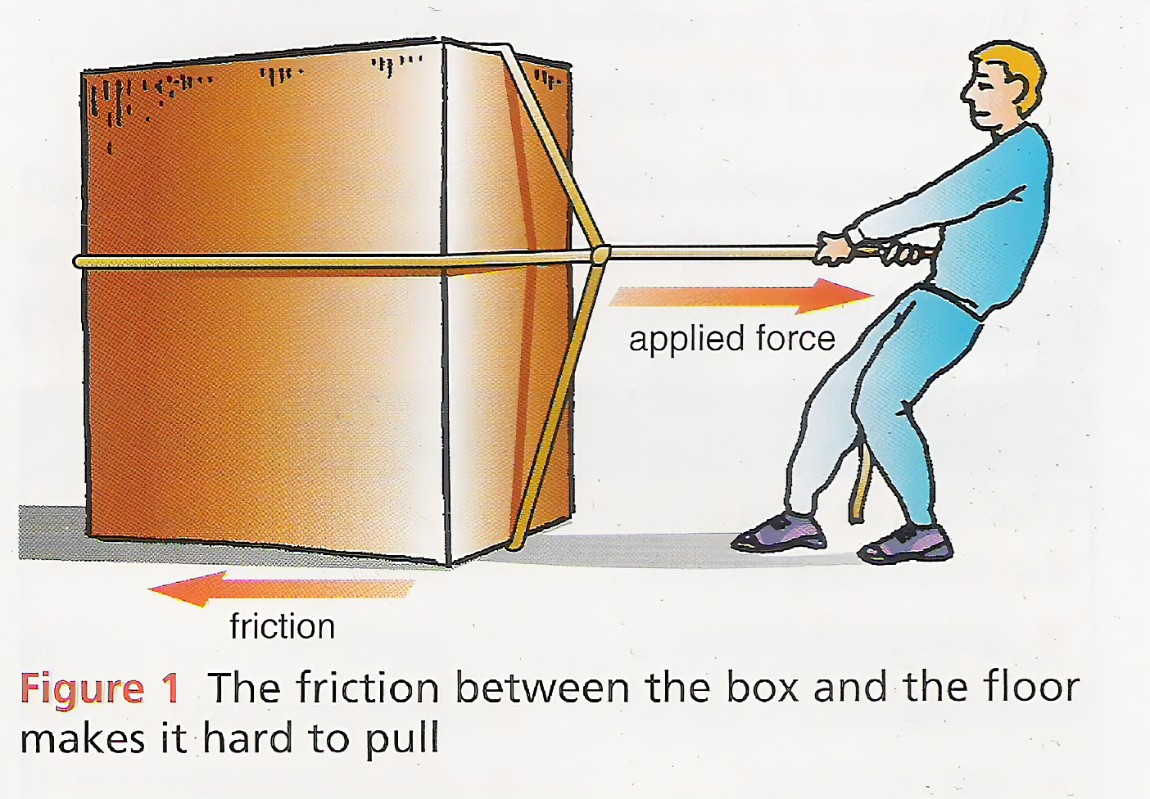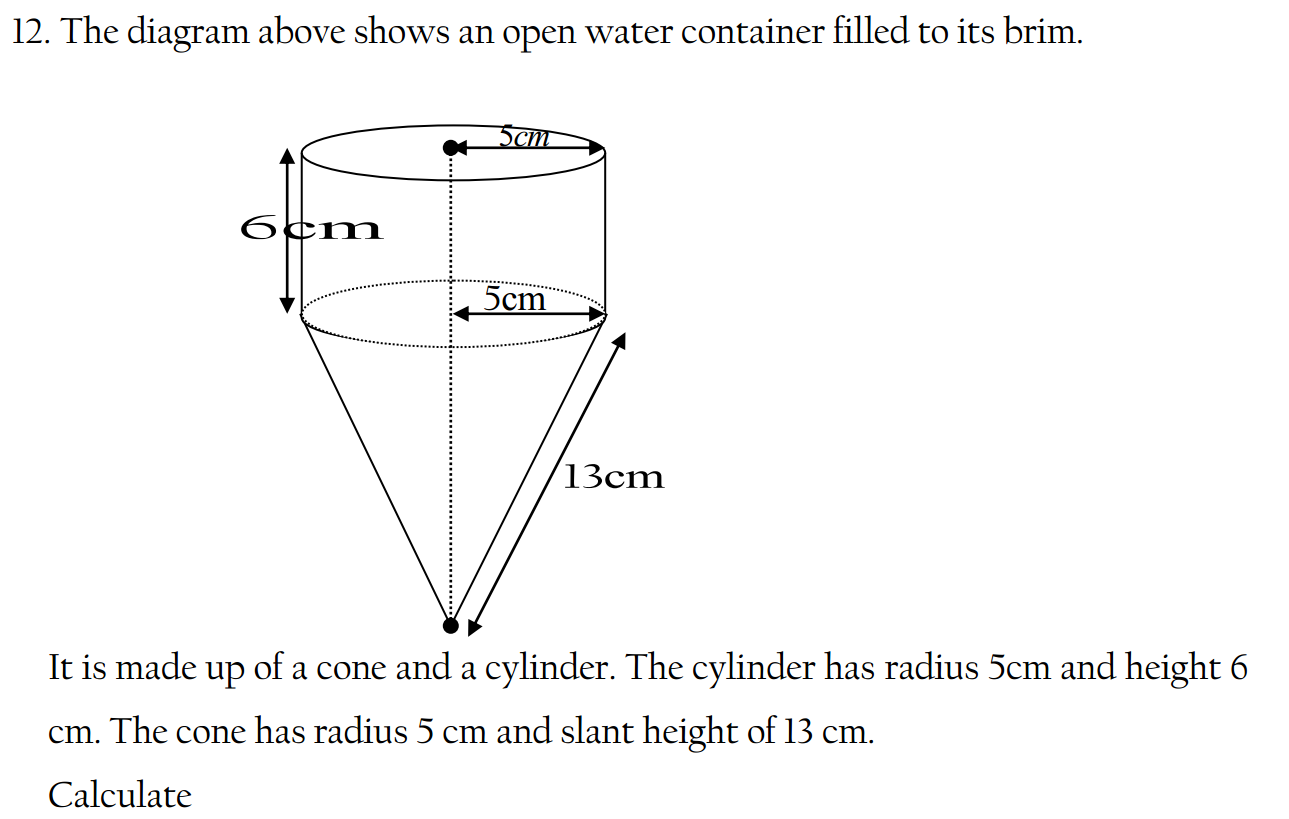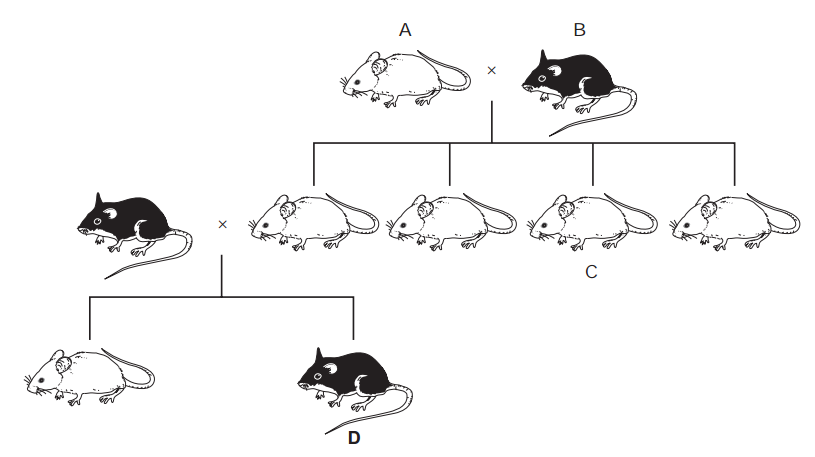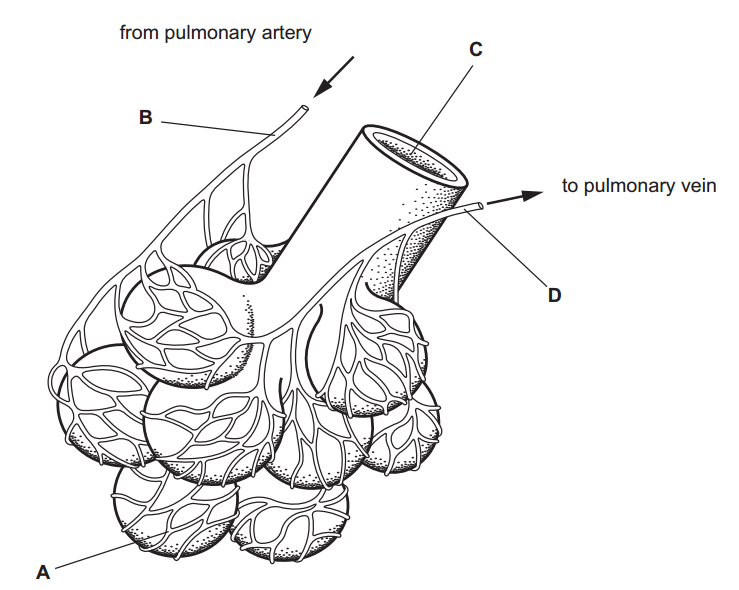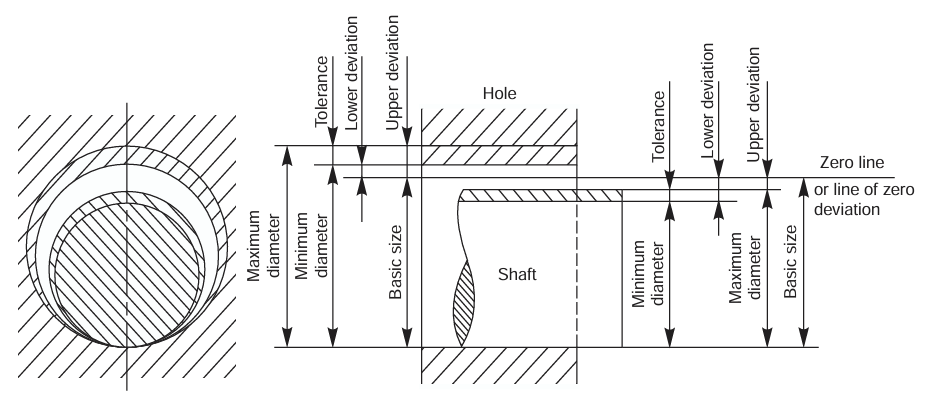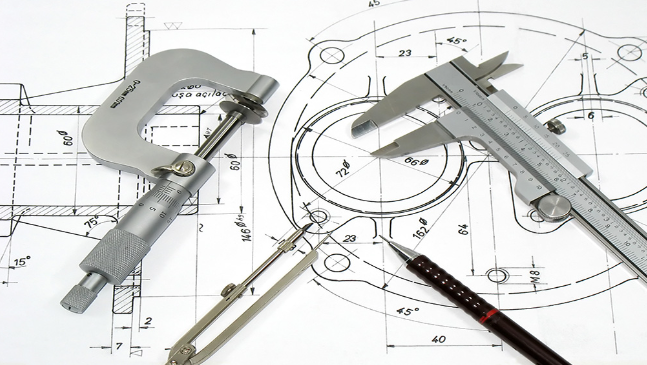Mastering the art of solving complex problems involves developing a systematic approach, enhancing your critical thinking skills, and practicing consistently. Here are some steps and strategies to help you become more adept at solving complex problems:
1. Define the Problem Clearly
- Understand the Problem: Take time to fully understand the problem. Ask questions to clarify any ambiguities.
- Break Down the Problem: Divide the problem into smaller, more manageable parts. This makes it easier to tackle step by step.
2. Gather Information
- Research: Collect all relevant data and information. Use reliable sources to gather insights.
- Consult Experts: If possible, talk to people who have expertise or experience related to the problem.
3. Analyze the Problem
- Identify Root Causes: Use tools like the 5 Whys, Fishbone Diagram, or Pareto Analysis to find the root cause of the problem.
- Evaluate Different Perspectives: Consider the problem from various angles and perspectives to get a holistic view.
4. Generate Possible Solutions
- Brainstorming: Encourage creative thinking and generate as many ideas as possible without immediately judging them.
- Mind Mapping: Use mind maps to visually organize ideas and explore connections between them.
5. Evaluate and Select Solutions
- Criteria-Based Evaluation: Define criteria for evaluating solutions such as feasibility, cost, time, and impact.
- Pros and Cons: Weigh the pros and cons of each potential solution.
6. Plan and Implement the Solution
- Develop an Action Plan: Outline the steps needed to implement the chosen solution. Assign tasks and set deadlines.
- Execute the Plan: Put the plan into action while monitoring progress closely.
7. Monitor and Review
- Track Progress: Continuously monitor the implementation process. Adjust the plan as needed based on feedback and new information.
- Evaluate Results: After implementation, evaluate the outcome to ensure the problem is resolved. Learn from the experience and document insights for future reference.
8. Enhance Problem-Solving Skills
- Continuous Learning: Keep learning new techniques and methodologies for problem-solving.
- Practice Regularly: Apply your problem-solving skills in various scenarios to improve them over time.
- Reflect and Improve: After solving each problem, reflect on what worked well and what could be improved.
Tools and Techniques
- SWOT Analysis: Helps in understanding Strengths, Weaknesses, Opportunities, and Threats related to the problem.
- Decision Trees: Useful for mapping out different decision paths and their possible outcomes.
- Root Cause Analysis (RCA): Helps identify the underlying cause of the problem.
- Critical Path Method (CPM): Useful for project planning and managing timelines.
Mindset and Attitude
- Stay Positive: A positive attitude helps in remaining motivated and focused.
- Be Patient: Complex problems often require time to solve. Patience is crucial.
- Stay Open-Minded: Be open to new ideas and approaches. Flexibility can lead to innovative solutions.
Practical Tips
- Collaborate: Work with a team to leverage diverse perspectives and skills.
- Stay Organized: Keep your work and information well-organized to avoid confusion.
- Communicate Clearly: Ensure clear and effective communication with all stakeholders involved.
By systematically approaching problems and continuously refining your techniques, you can enhance your ability to solve complex problems efficiently and effectively.


